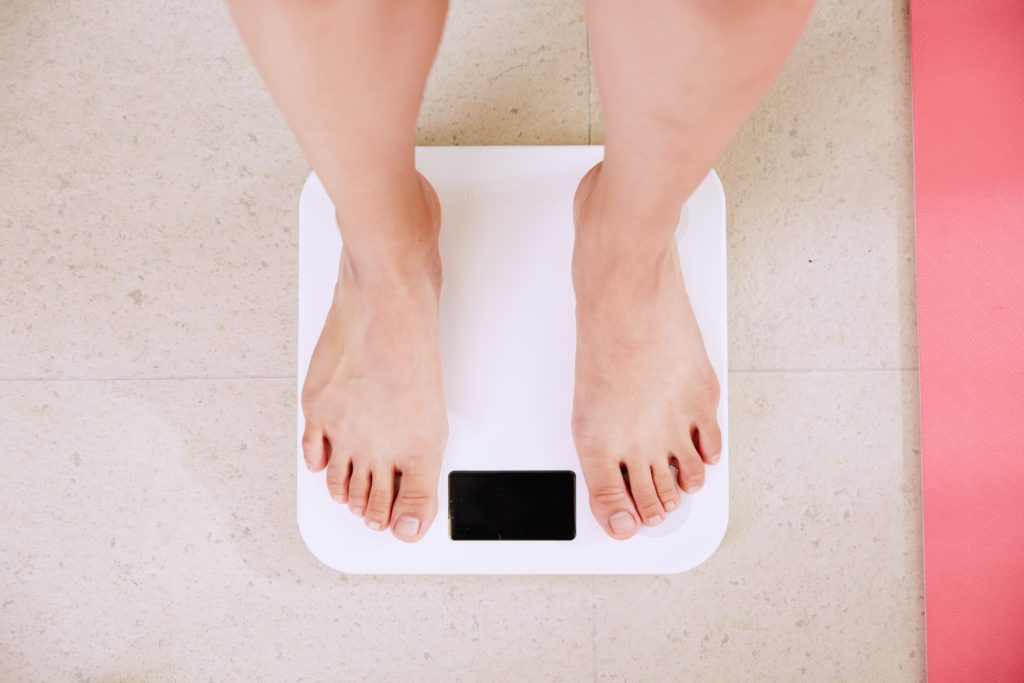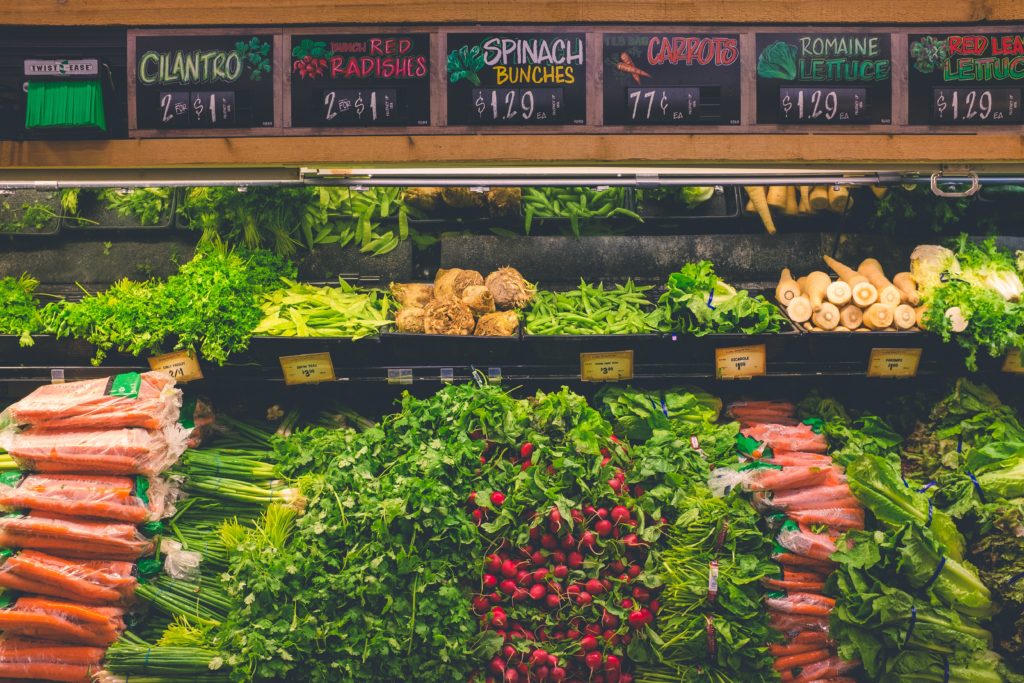Do you find yourself hitting the three o’clock slump every afternoon? As you feel the mental exhaustion set in, you might reach for a snack or a sip a strong cup of coffee while counting down the hours until it’s time to call it a day.
This doesn’t sound like a productive workday, right? Unfortunately, this is how a large number of America’s workforce operates. Whether or not we can overcome the afternoon slump depends in part on what we eat for lunch.
Sugar addiction is real, and like any other drug, it’s difficult to break. The American Heart Association recommends men consume less than 150 calories (9 teaspoons or 37.5 grams) and women consume less than 100 calories (6 teaspoons or 25 grams) of added sugar per day. The average American consumes 17 teaspoons (68 grams) of added sugar each day, according to the National Cancer Institute.

It should be noted, there is a major difference between added sugars and naturally occurring sugars. Most whole foods contain naturally occurring sugars (fruit, milk, vegetables, and honey). Added sugars are sugars or sweeteners that manufacturers mix into foods and drinks, says Medical News Today. These include natural or chemically made sugars, meaning an added gram of sugar (honey, for example) can be “natural” without being “naturally occurring” in a food.
Why do we regularly consume excess amounts of added sugars if we know it’s bad for us?
First, sugar is highly addictive. Research shows that sugar can be even more addictive than cocaine. In fact, one study discovered Oreo cookies to activate more neurons in the brain’s pleasure center than cocaine does. Every time we eat sugary treats, our brain’s sugar cravings grow stronger and stronger until we’ve built up a tolerance entirely.

Second, sugar is added to most processed foods to preserve, add flavor, texture and color – even some that aren’t sweet at all. Salad dressing, pasta sauce, ketchup, flavored yogurt, bread, nut butters, and canned or frozen fruit are all foods with large amounts of added sugar, says Health.
Benefits of reducing your added sugar intake
-
- More energy, focus, and clarity – avoiding the sugar high also means you’ll avoid the crash and brain fog later in the day.
- Better sleep – an excess of sugar makes quality sleep more difficult to achieve due to indigestion, bloating, and disruption in sleep hormones, says Insider.
- Feeling fuller during the day – sugar is one of the least nutrient-rich foods out there. If you are filling up on empty calories, your body will still be hungry for the nutrients it needs.
- Weight loss – while sugar itself doesn’t directly lead to weight gain, reducing the amount you consume will help decrease fat storage over time, says Insider.

- Improved overall health – Excessive sugar consumption is linked to:
- Obesity and metabolic syndrome
- Hearty disease
- Type 2 diabetes
- High blood pressure
- High cholesterol
- Chronic inflammation
- Nonalcoholic fatty liver disease
- Dental plaque and cavities
- Improved overall health – Excessive sugar consumption is linked to:
By reducing your sugar consumption, you will be setting yourself up for better overall health and well-being.
Strategies to reduce daily added sugars
An excess of added sugar is the worst thing you can do to your body, says Healthline. Below are some tips for limiting the amount of added sugars you consume on the daily:
Eat whole foods – this is the best way to avoid added sugars. Almost all processed foods have added sugar to preserve them for the shelf.

Avoid sugary drinks – stick to water, tea, and black coffee. You can spruce up your water by infusing it with fresh fruit, cucumber, or mint.
Say “no” to sweet treats – instead of cake and cookies, try fresh fruit, dark chocolate, or dates when you crave something sweet. Having alternate options in your desk drawer will help you decline office donuts on Friday mornings.
Watch the sauce – salad dressing, barbeque sauce, and ketchup are among the biggest sugar culprits. Flavor your foods with herbs, spices, yellow mustard, vinegar, or pesto.
Eat full-fat foods – foods advertised as “fat-free” are loaded with added sugars to make up for the flavor lost when the fat was extracted.
Read the labels – when in doubt, check the ingredients. Spotting sugar is tricky – there are over 50 chemicals used as sweeteners. Here’s what to look for.
The foods you fuel your body with directly correlate to how you feel, think, and work. By paying closer attention to your diet, specifically your sugar intake, you can set yourself up for a productive day at the office.
